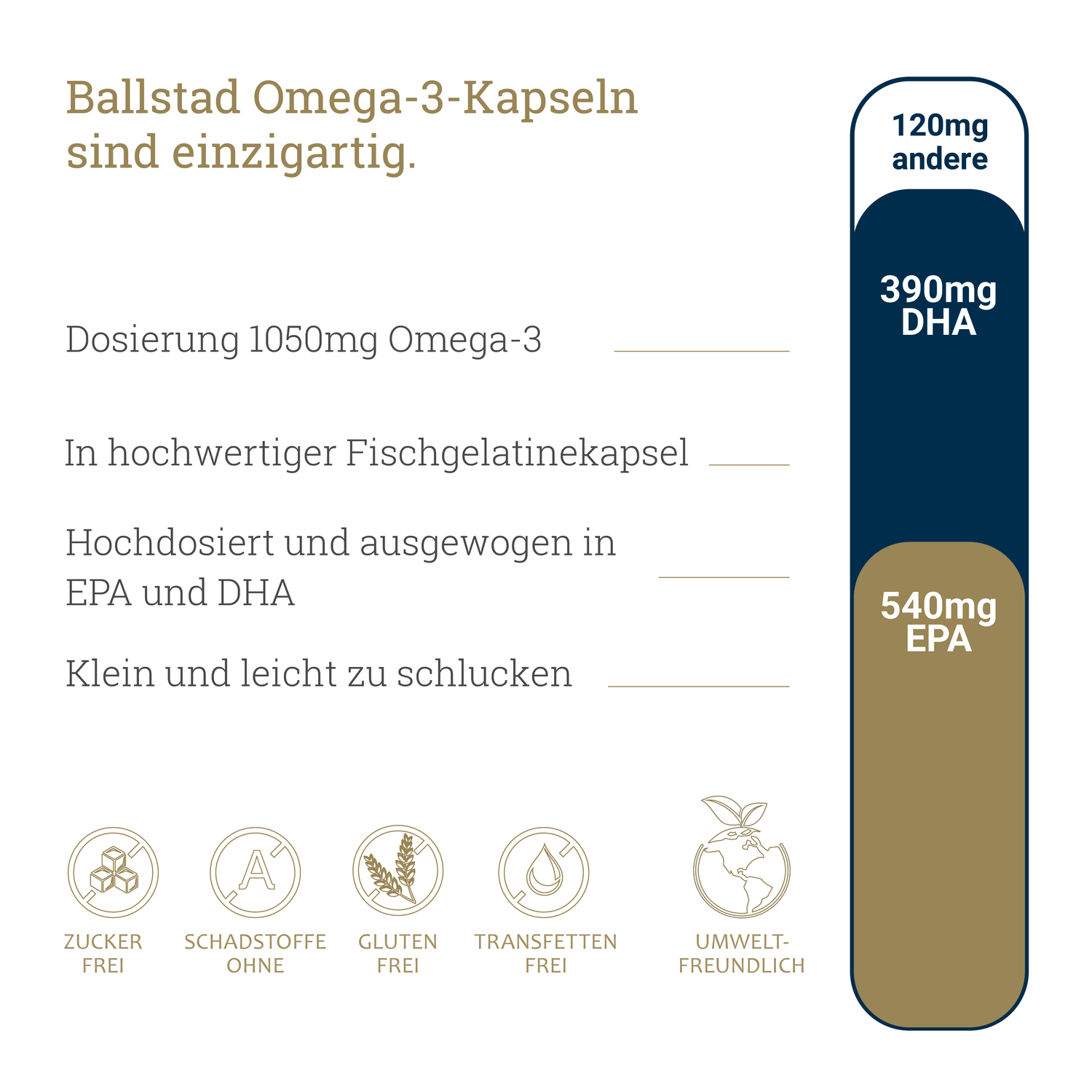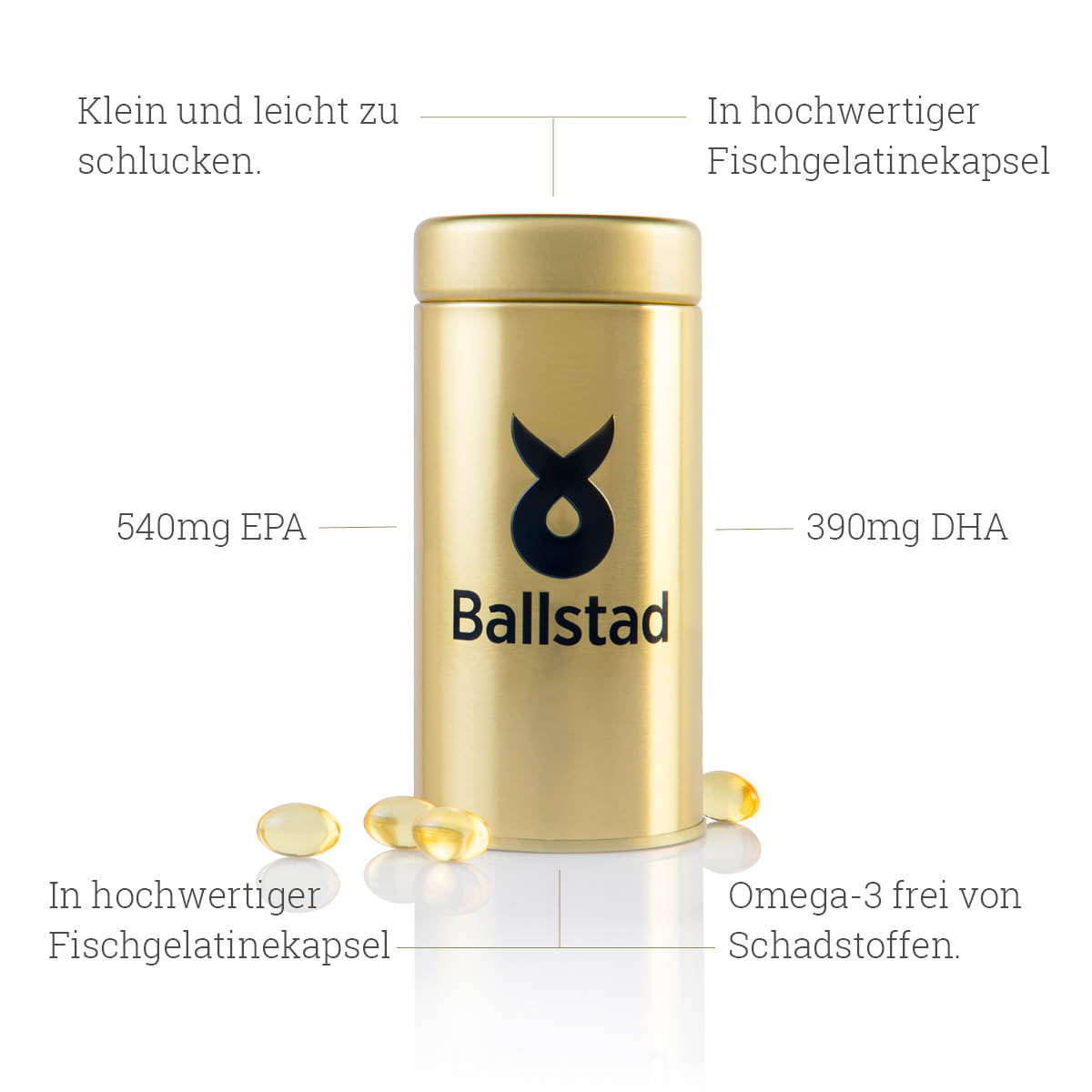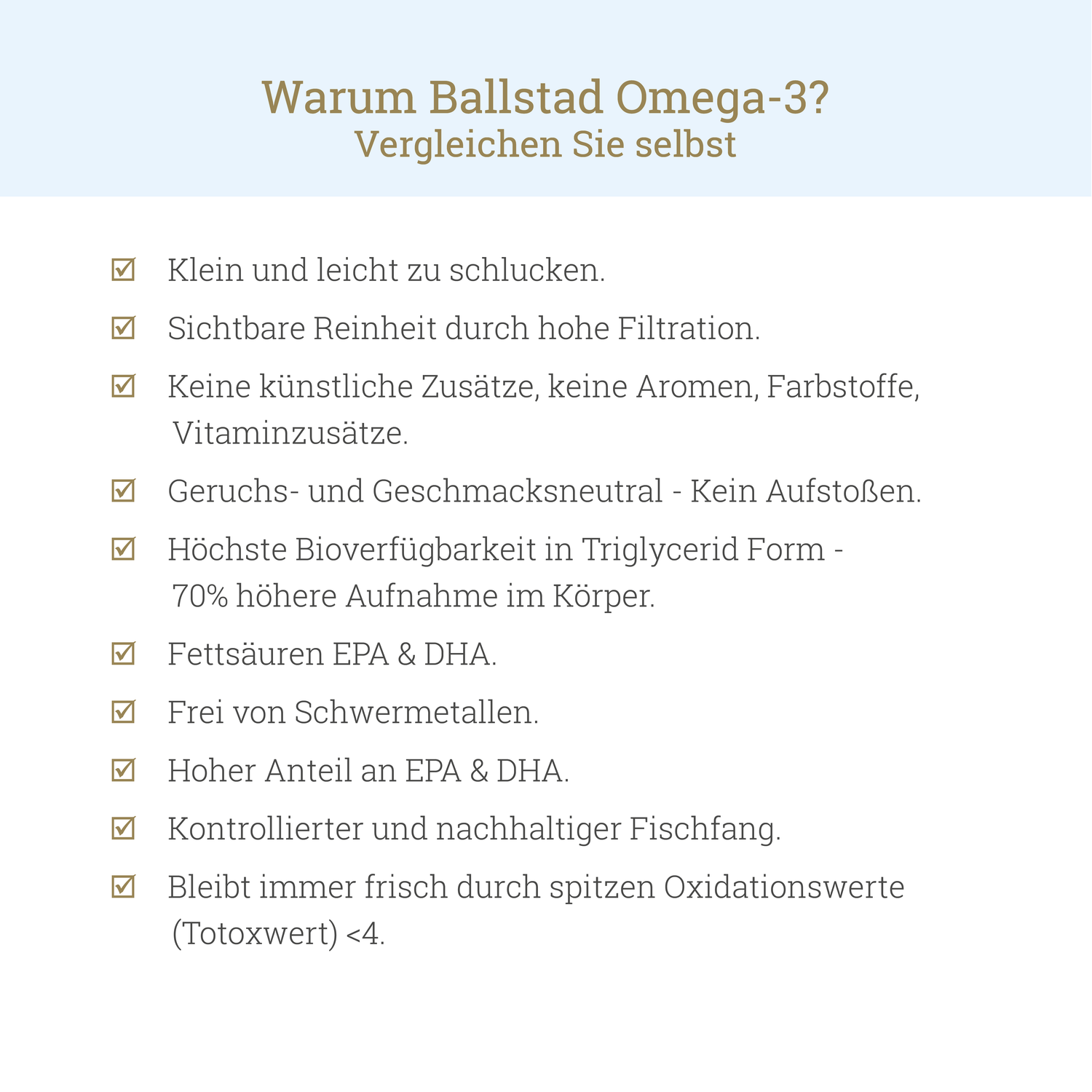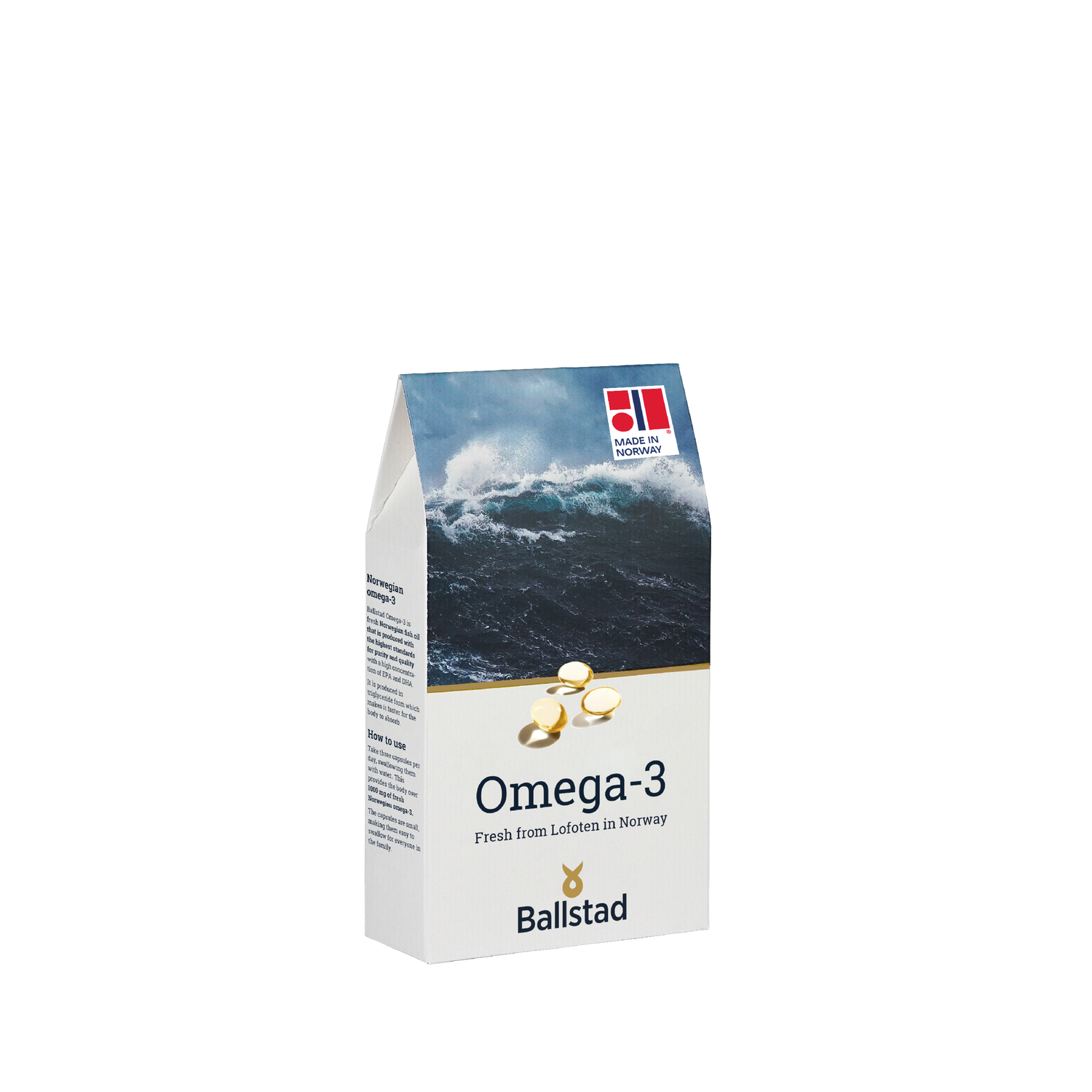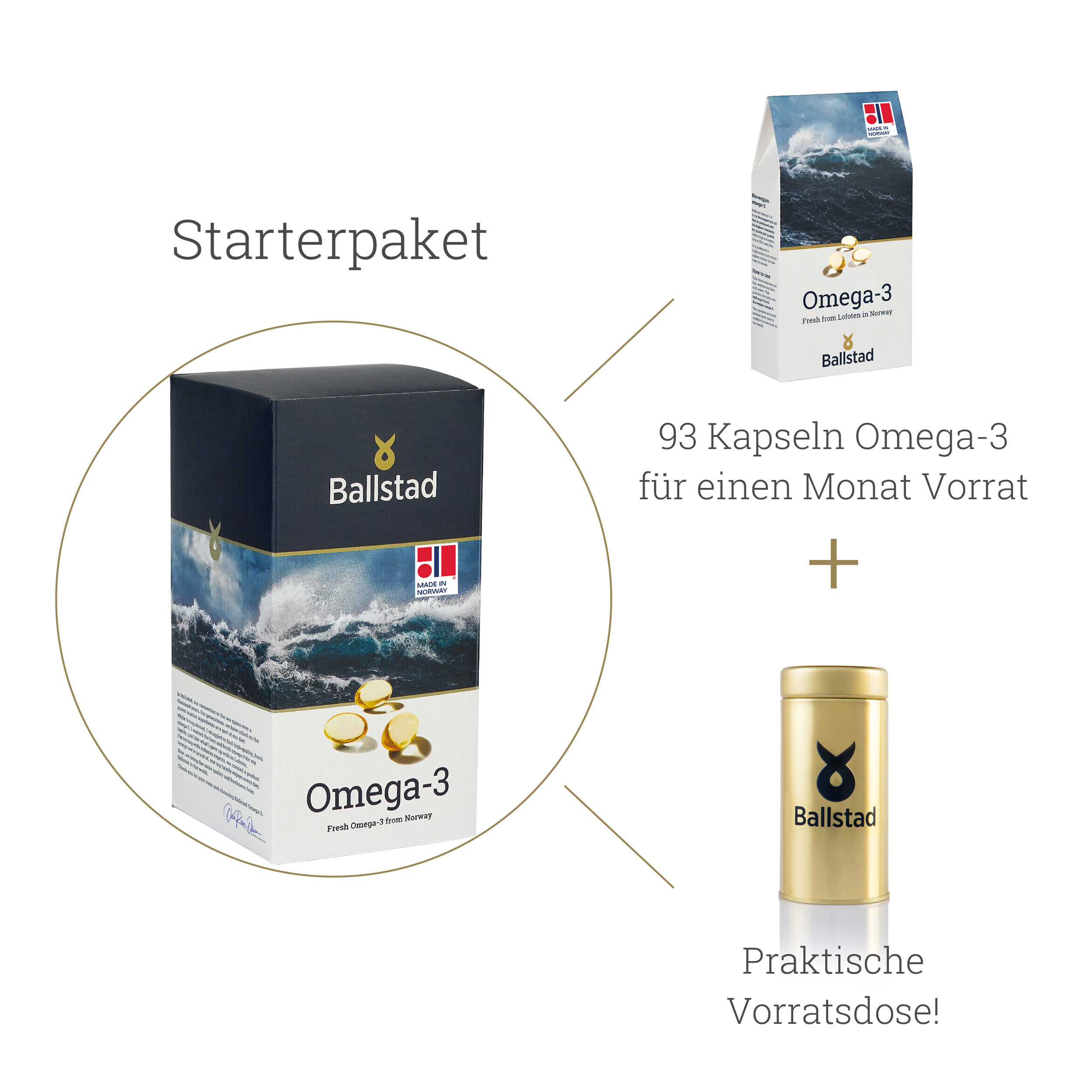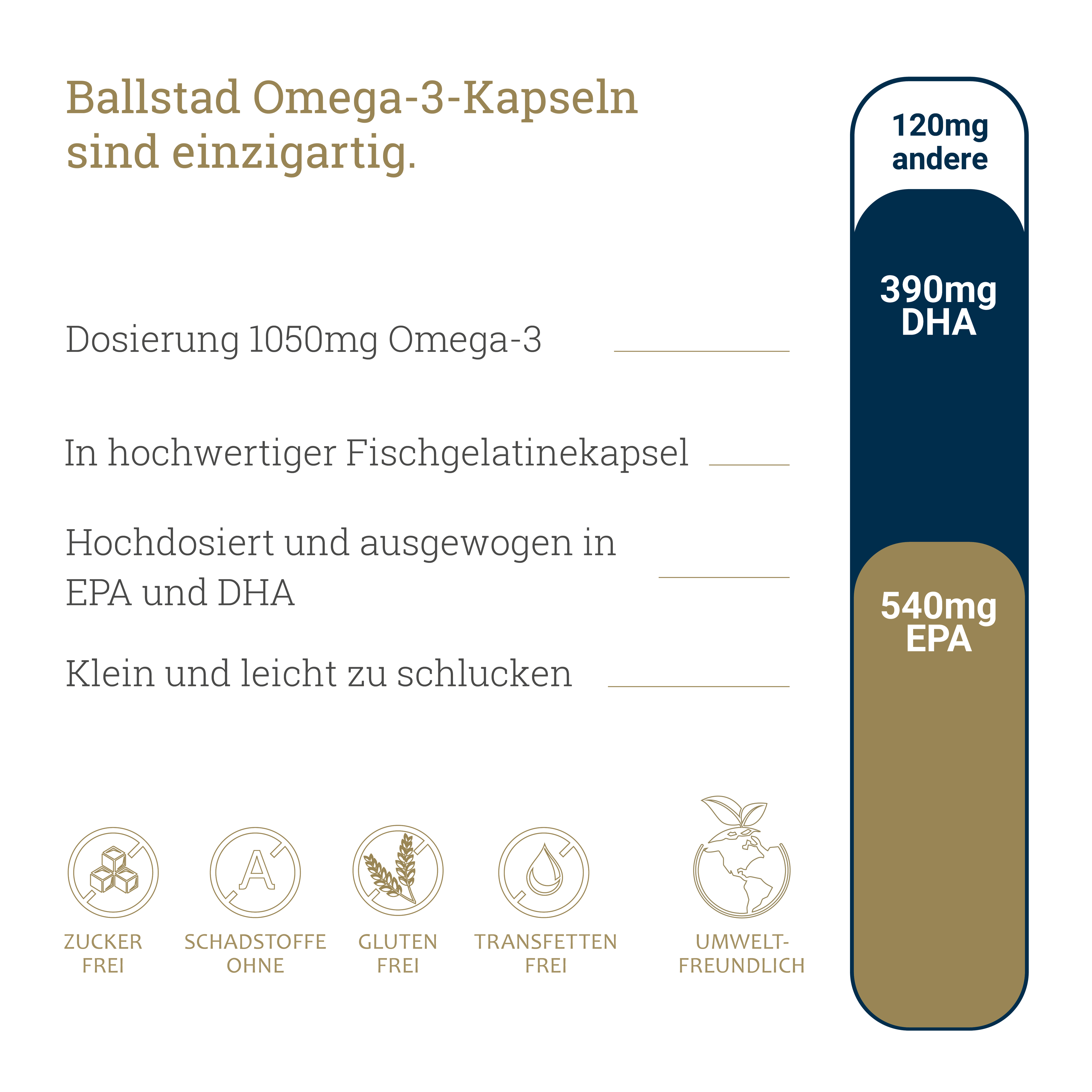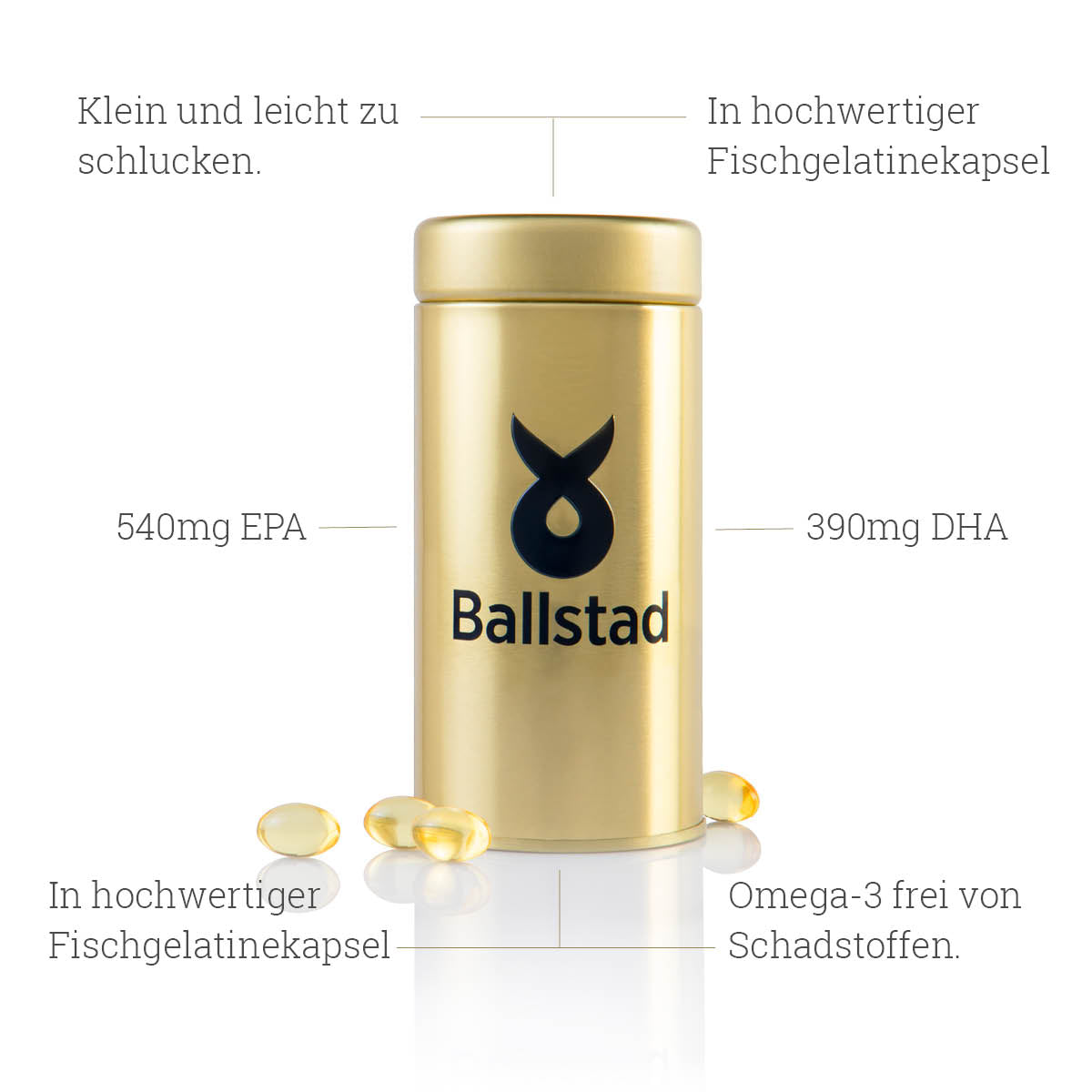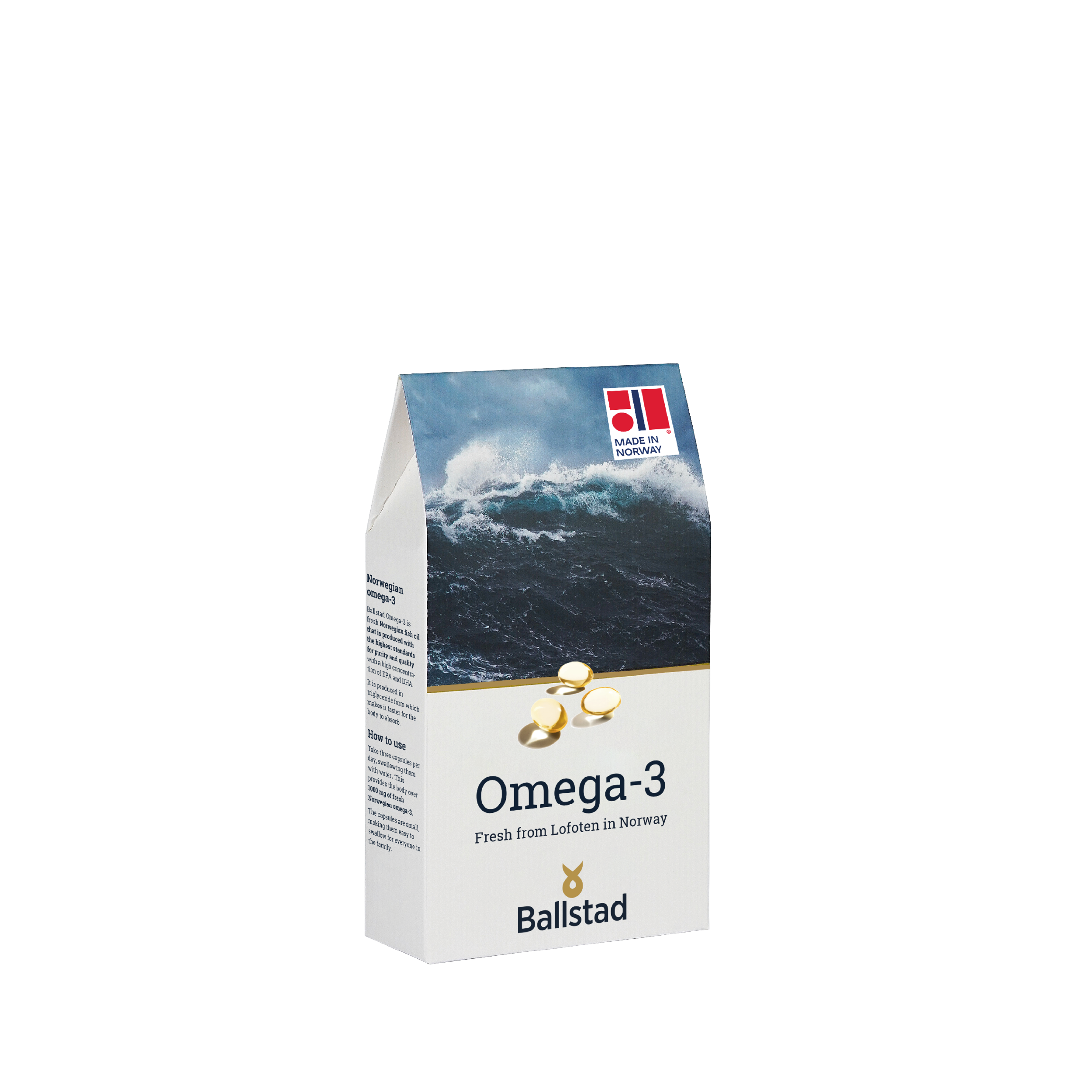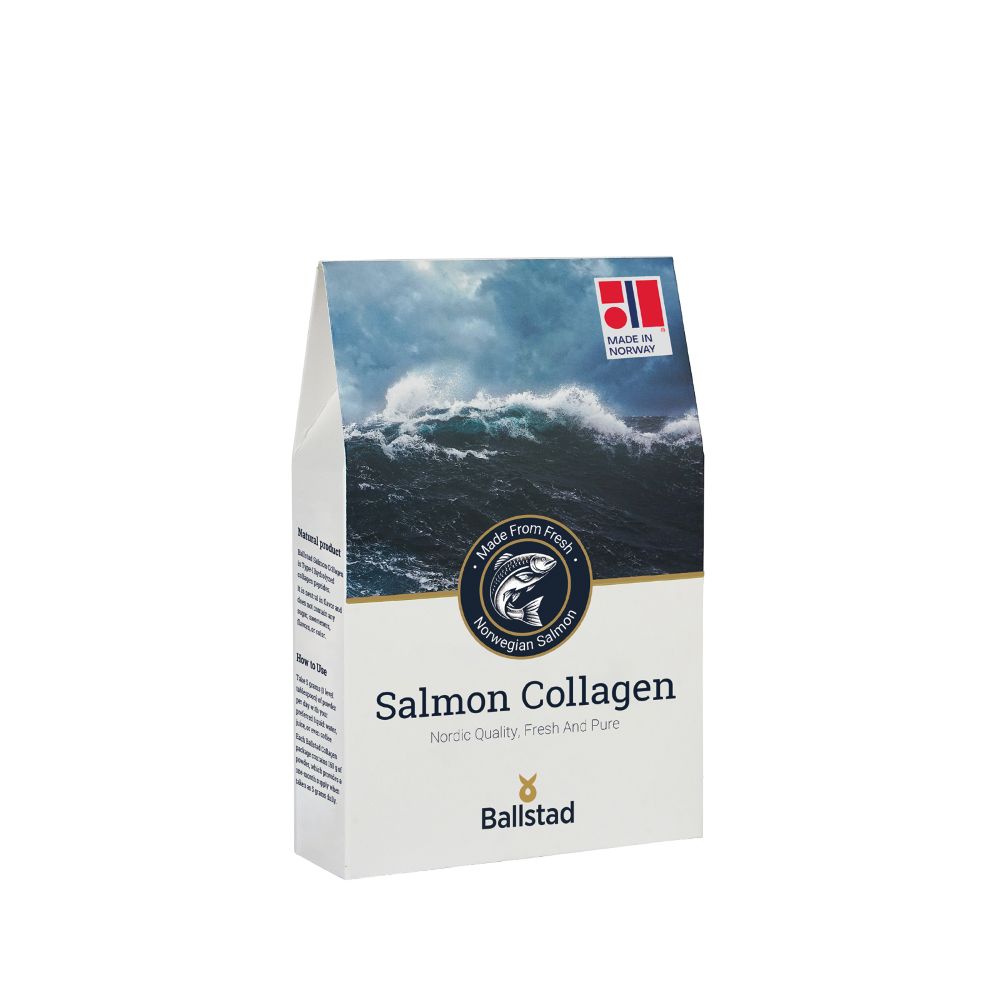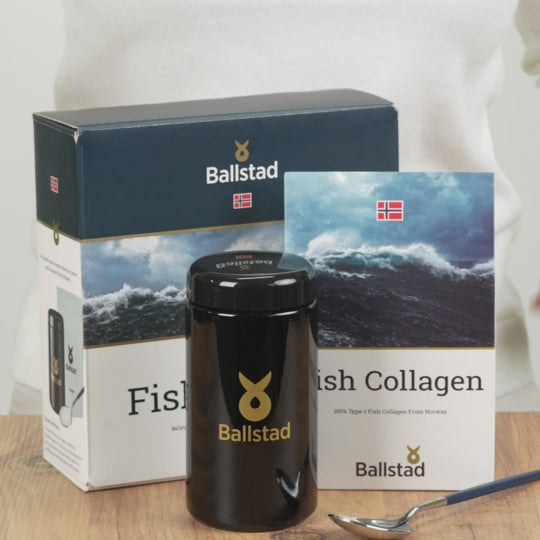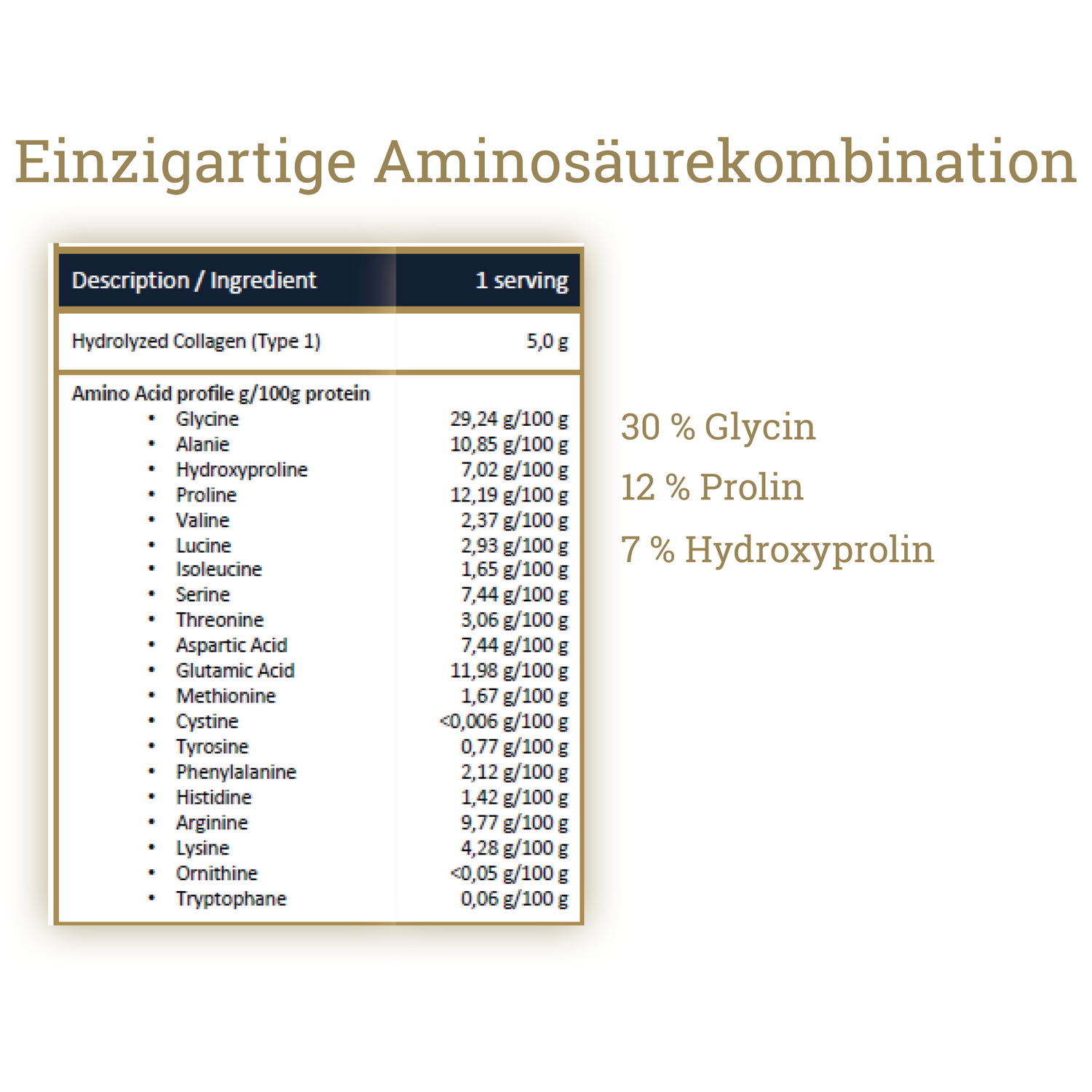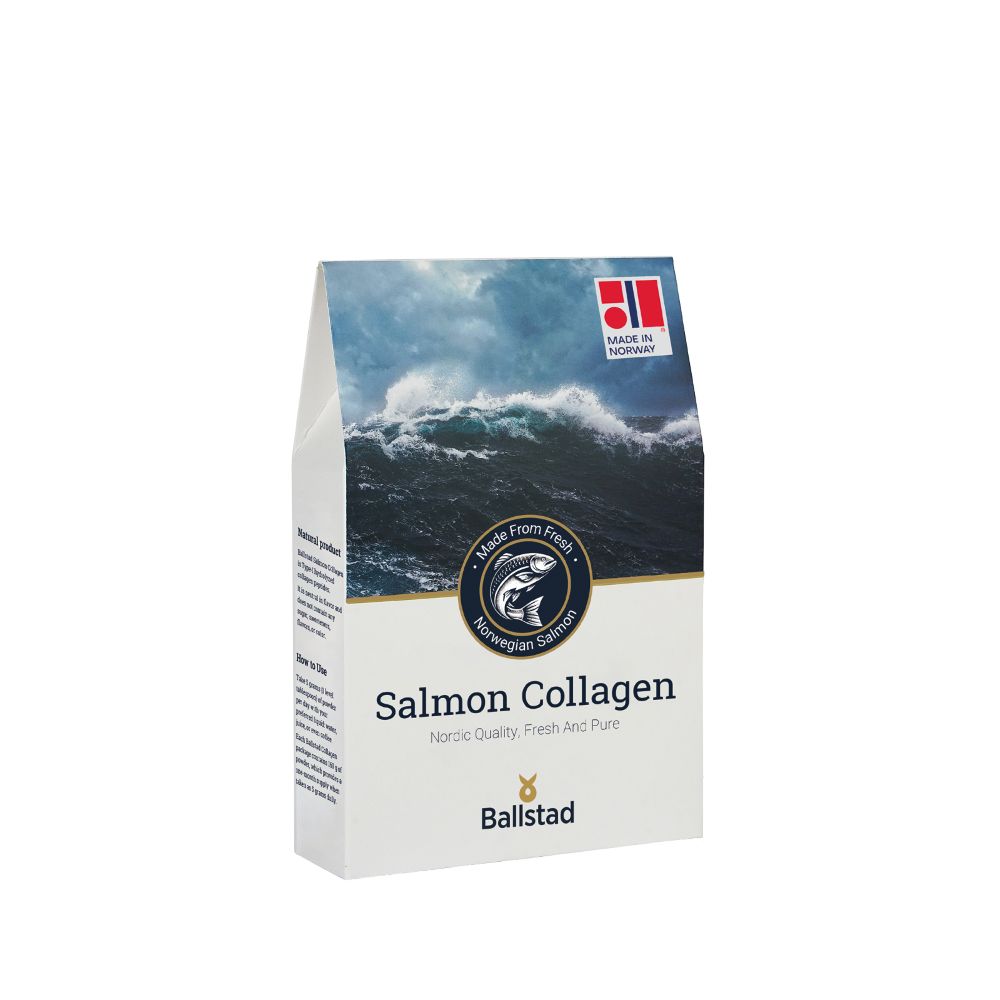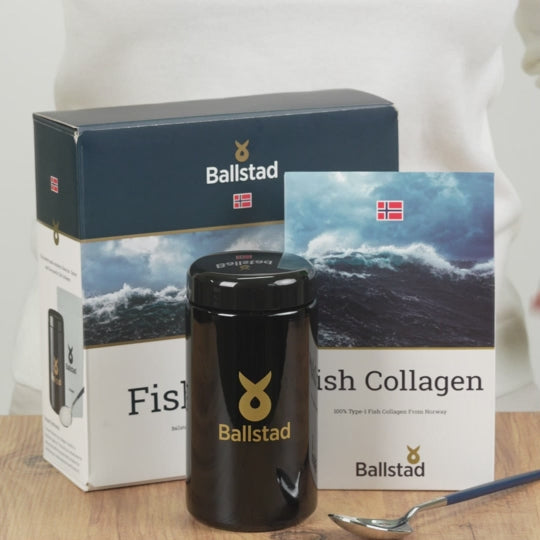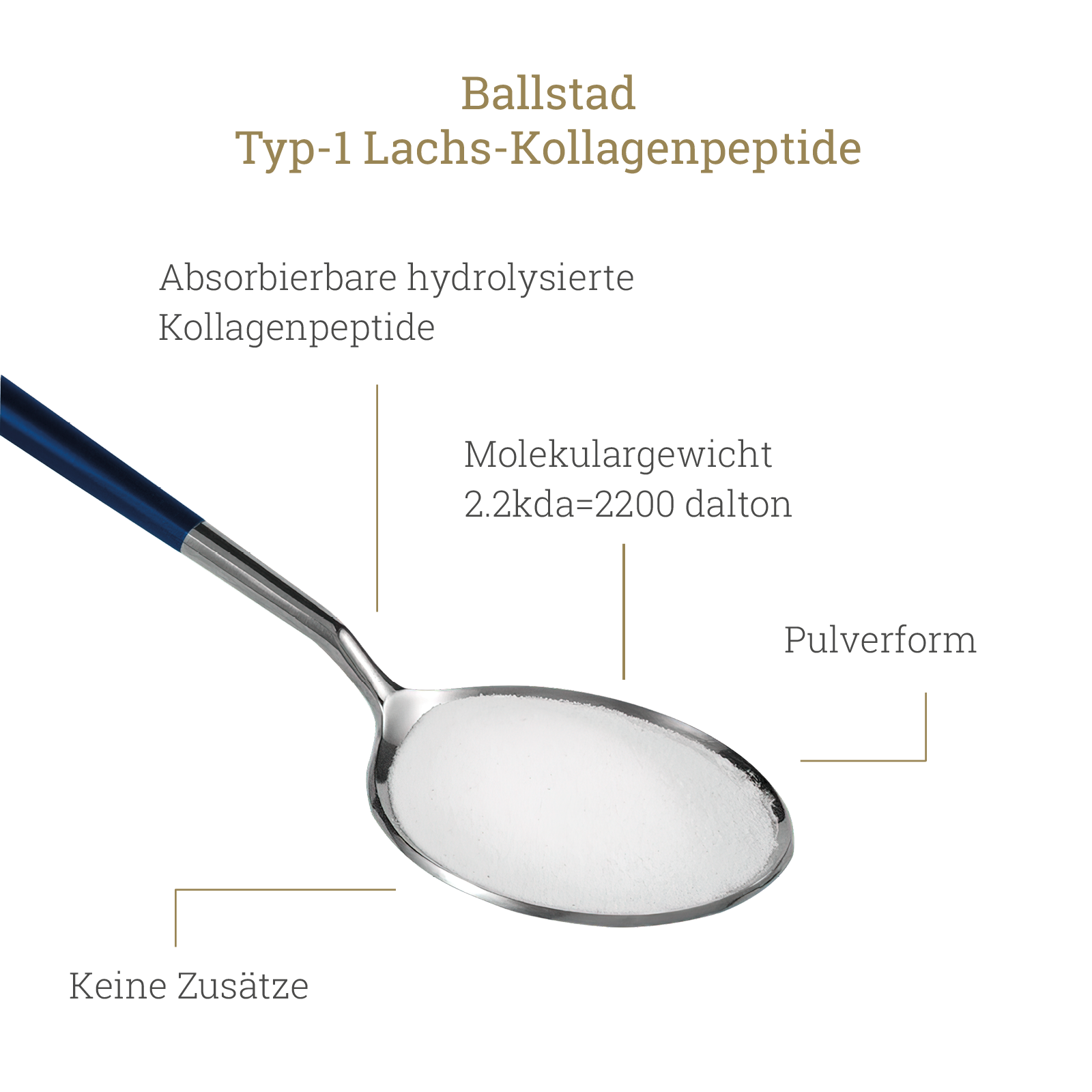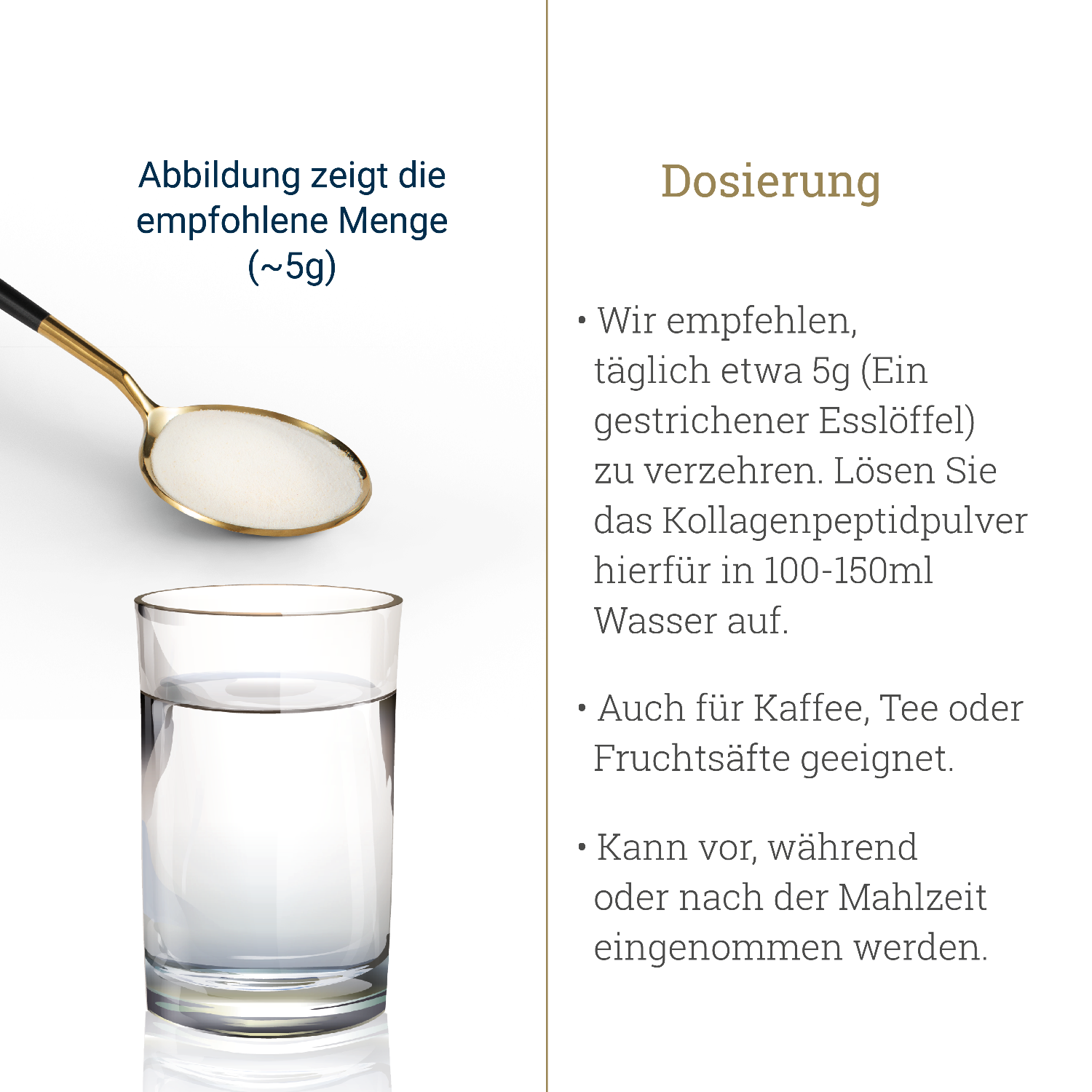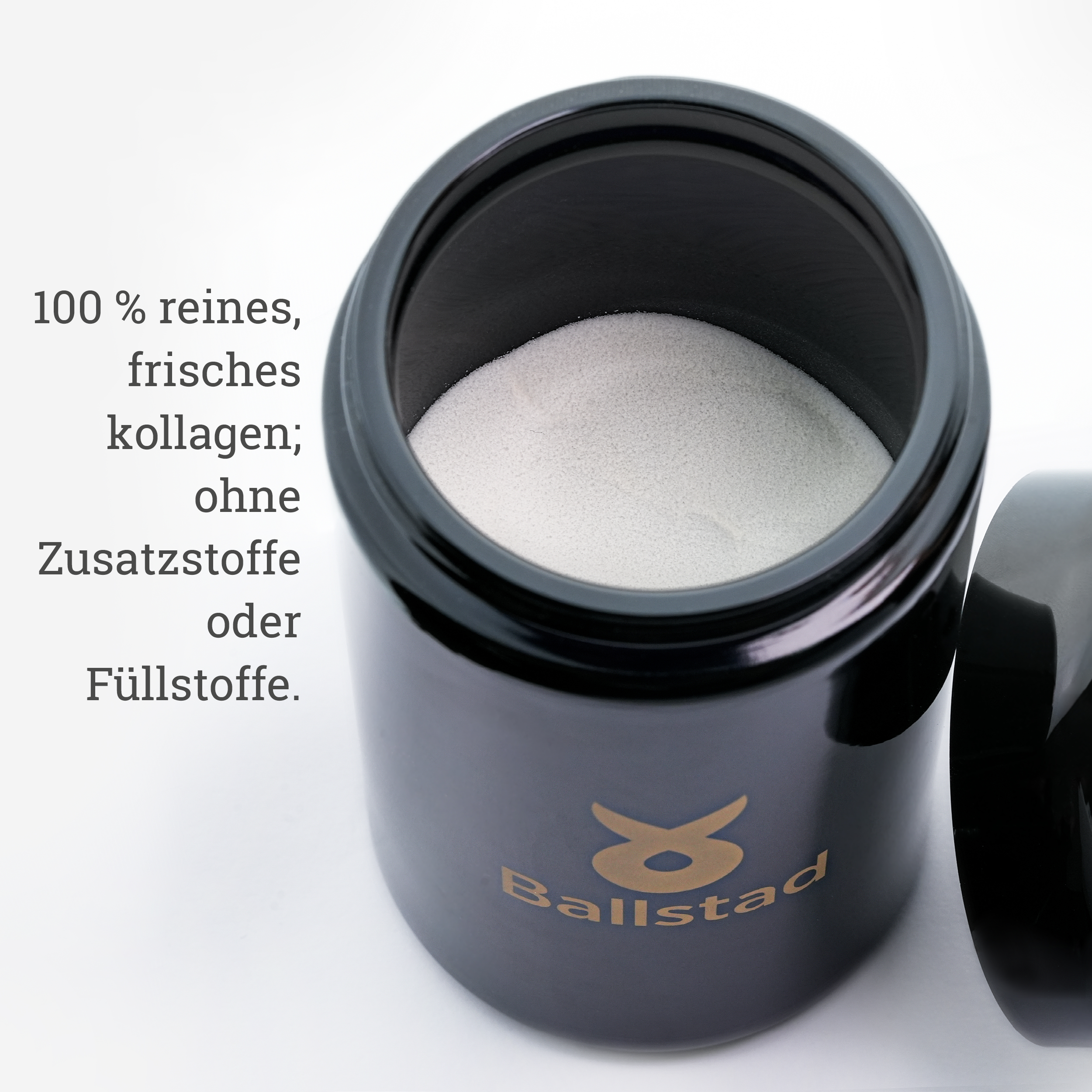The influence of early eating habits
Many people remember their childhood with mixed feelings—especially if early weight gain was an issue. Being overweight at a young age not only has psychological consequences, but also poses physical health risks. Eating habits developed in childhood significantly influence health in adulthood.
According to the World Health Organization (WHO), childhood obesity is a growing global problem and one of the most significant public health challenges. In 2016, the WHO reported over 41 million overweight or obese children under the age of five worldwide.
In Turkey, data from the Turkish Statistical Institute (TÜIK) show that the obesity rate among people over 15 years of age increased significantly between 2008 and 2014. This underscores the importance of actively combating obesity starting in childhood.
Causes of childhood obesity
In over 95% of cases, childhood obesity is not caused by disease, but rather by a mismatch between calorie intake and expenditure—therefore, it's preventable. The main causes include:
-
Lack of exercise due to urban lifestyles
-
High consumption of sugary foods
-
Irregular meals and skipping breakfast
-
Inadequate absorption of micronutrients despite high calorie intake
In addition, the mother's diet during pregnancy and gestational diabetes can increase the child's later risk of obesity.
Omega-3 fatty acids as functional support
A promising approach to preventing and supporting childhood obesity is a diet with functional foods—including adequate intake of omega-3 fatty acids (especially EPA and DHA). Studies show that these polyunsaturated fatty acids not only reduce inflammatory processes but can also have a beneficial effect on lipid metabolism.
Observational studies suggest that higher omega-3 consumption is associated with lower body weight and better overall health. Omega-3-rich foods such as fatty fish, flaxseed, and green leafy vegetables can be beneficially incorporated into your diet.
The American Heart Association and the WHO recommend eating fish rich in EPA and DHA once or twice a week.
New studies: Low Omega-3 index in obese children
A Canadian study of obese children aged 6–13 examined the relationship between body composition and omega-3 index. The results showed that children with higher body fat tended to have lower levels of EPA and DHA in their red blood cells.
This suggests that obese children not only consume too little omega-3 overall, but that their fat metabolism is also burdened by the imbalance.
Recommended Omega-3 amounts for children
According to current recommendations, children should consume the following amounts of omega-3 fatty acids per day, depending on their age:
-
0–12 months: 500 mg
-
1–3 years: 700 mg
-
4–8 years: 900 mg
-
9–13 years: Boys 1,200 mg / Girls 1,000 mg
-
14–18 years: Boys 1,600 mg / Girls 1,100 mg
Conclusion
Childhood obesity is a growing global problem that can have long-term health consequences. A balanced diet with regular intake of omega-3 fatty acids can make an important contribution to prevention through their anti-inflammatory and metabolism-regulating properties. Omega-3 fatty acids should therefore be part of a healthy diet from the start.






